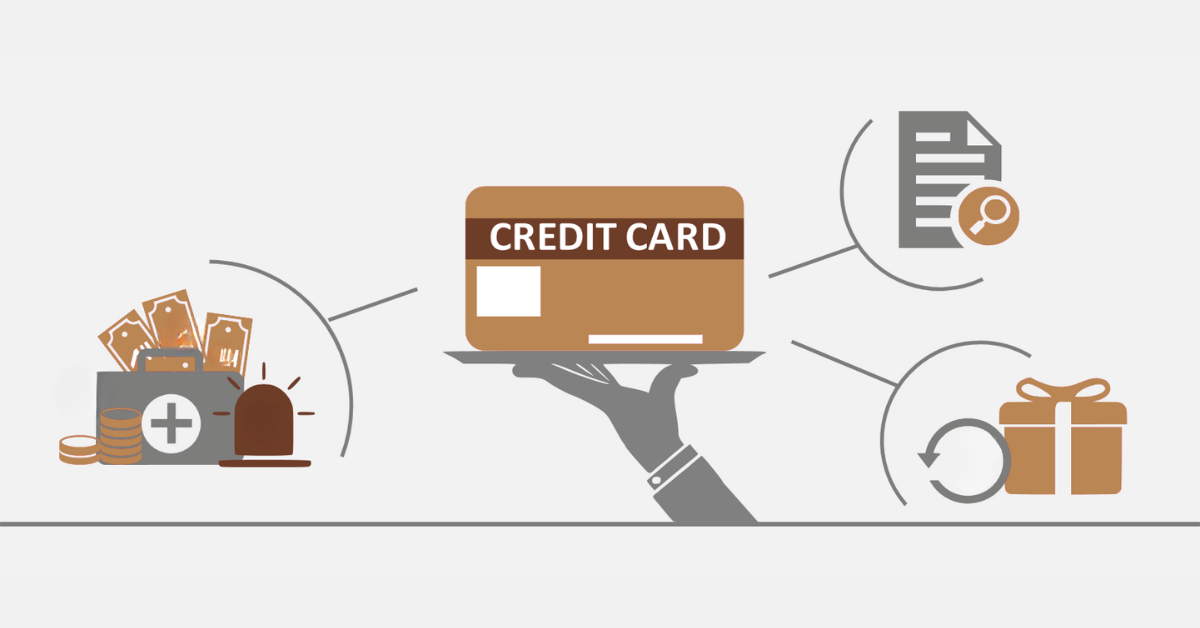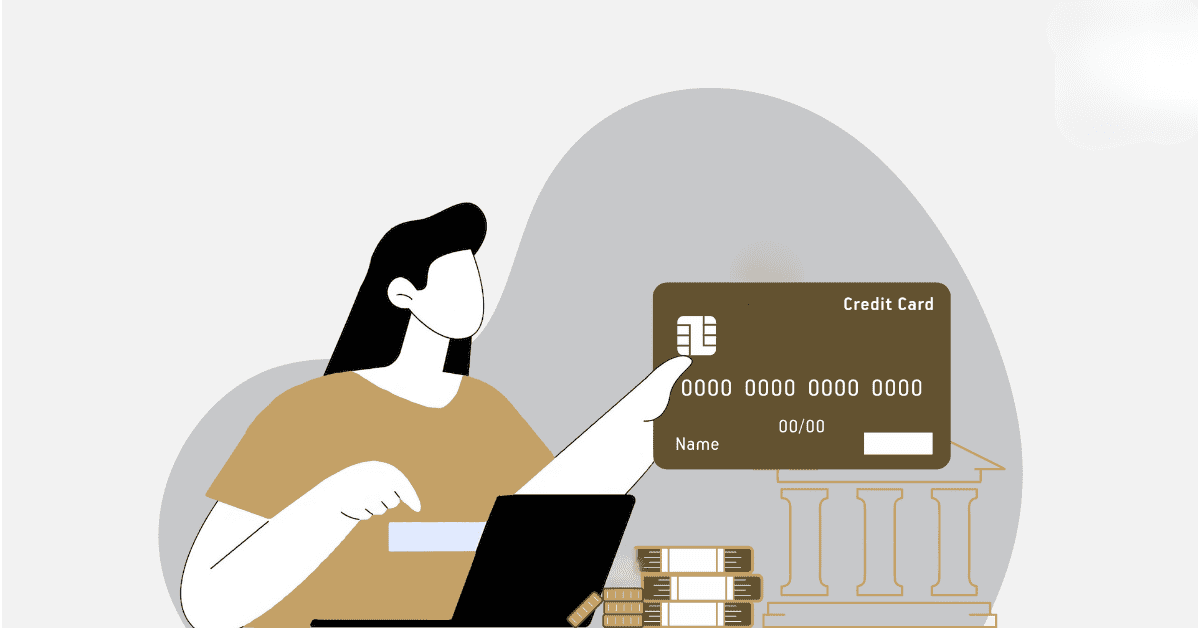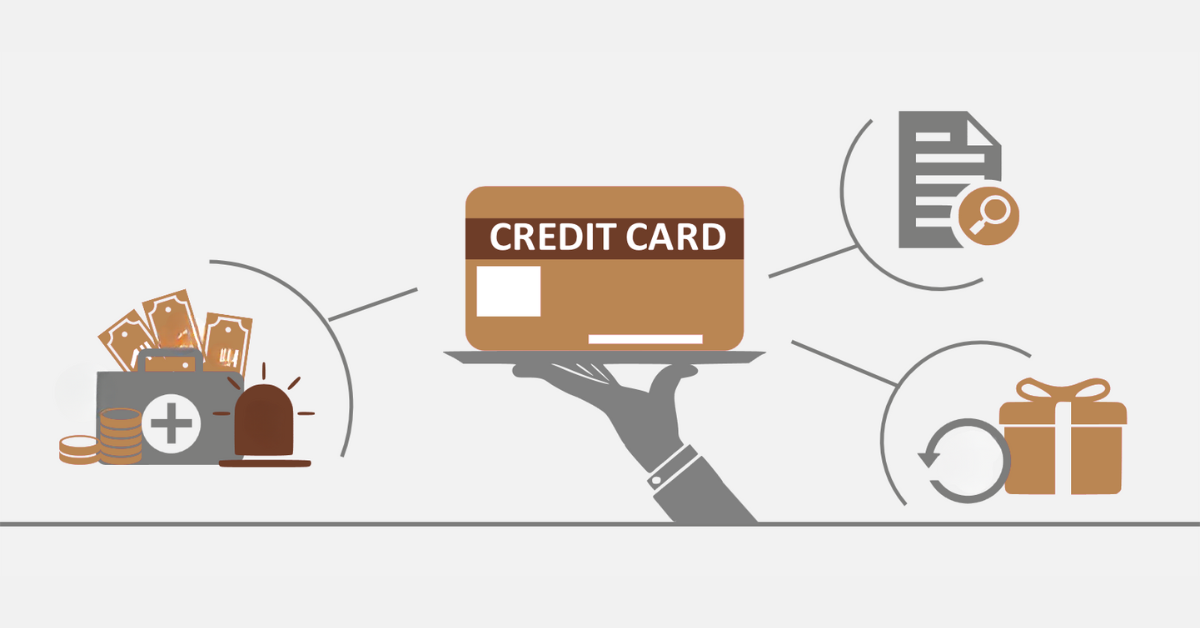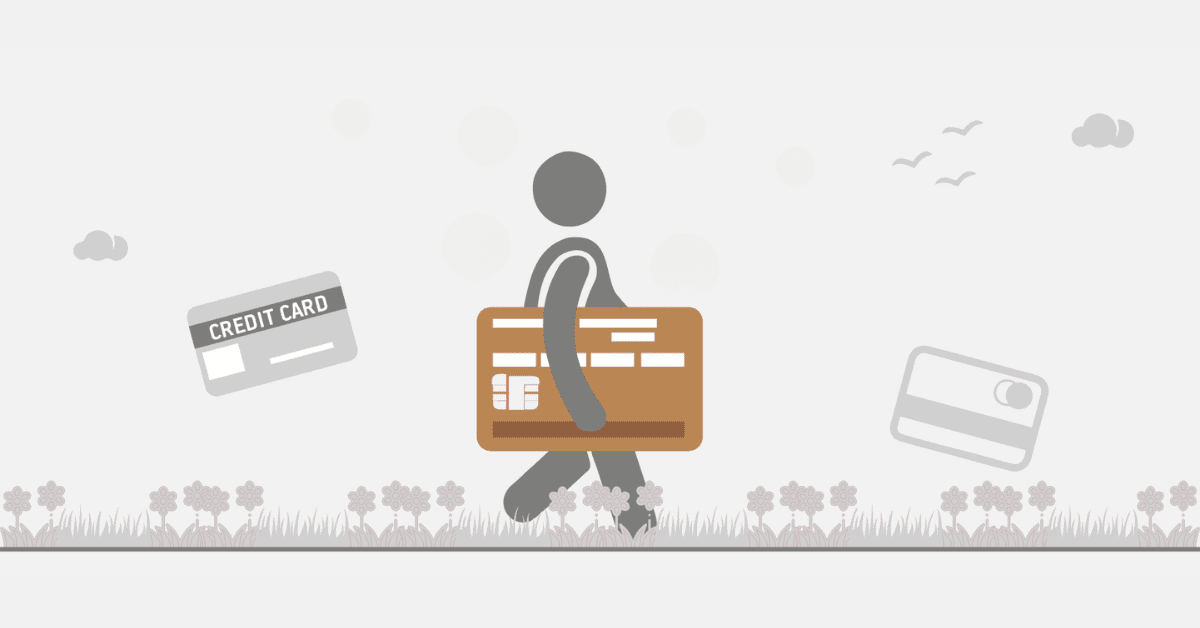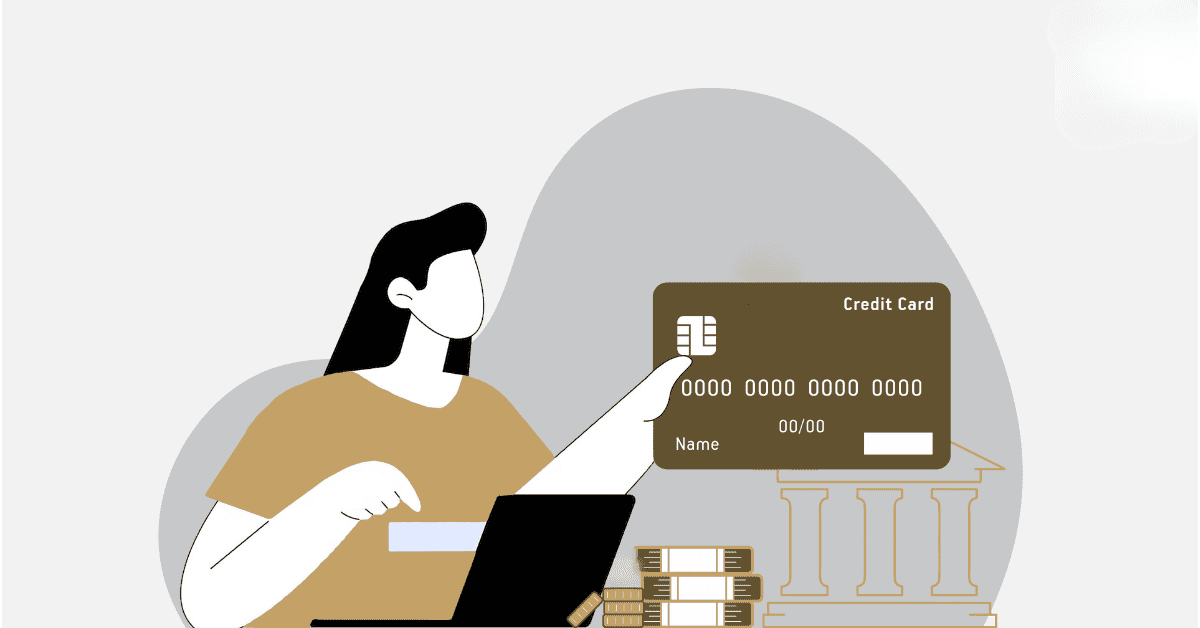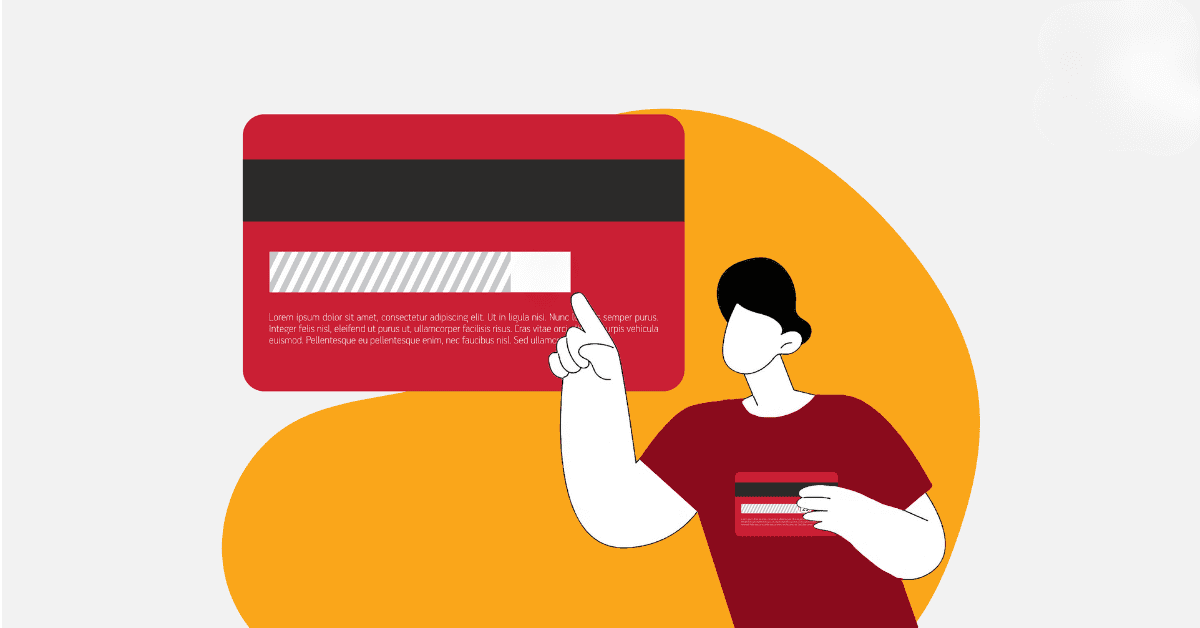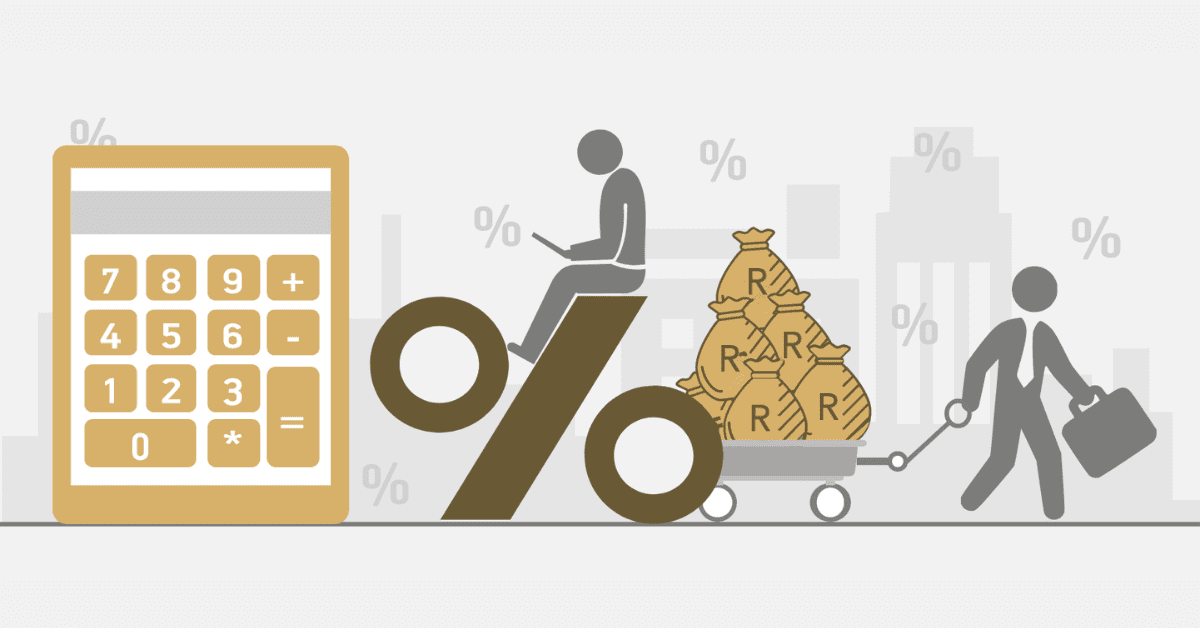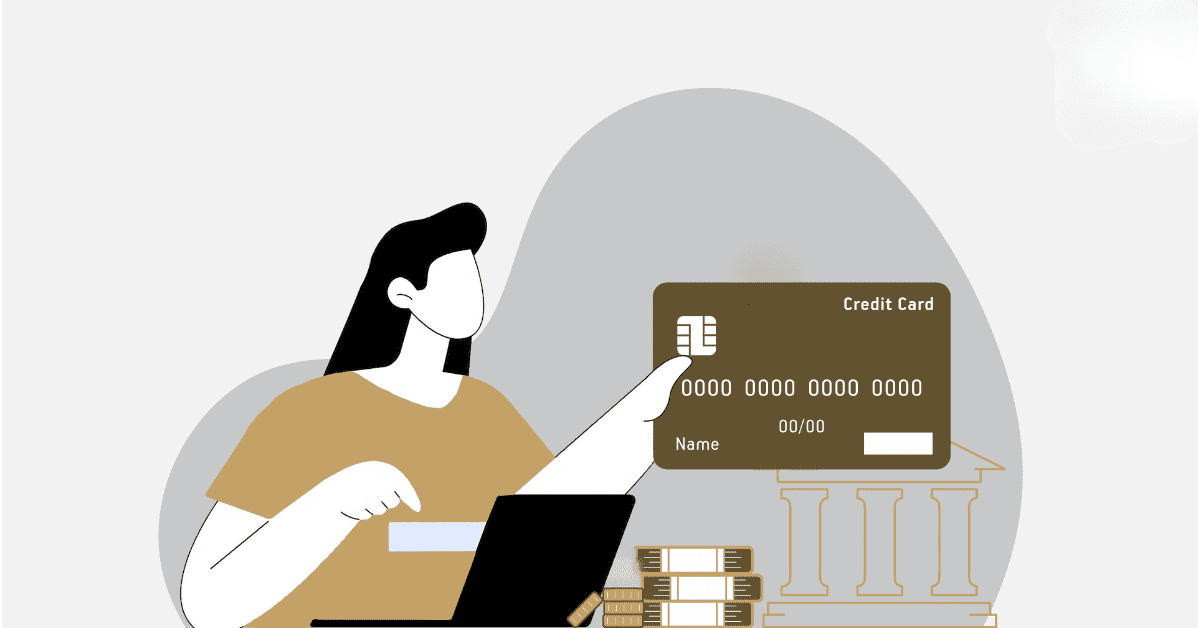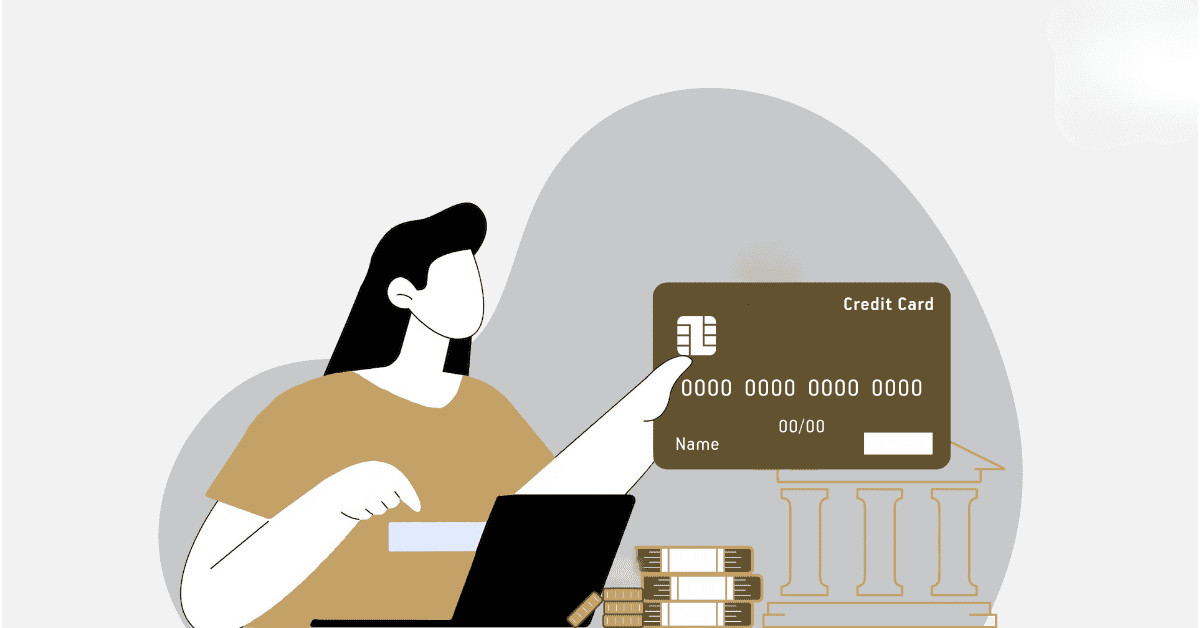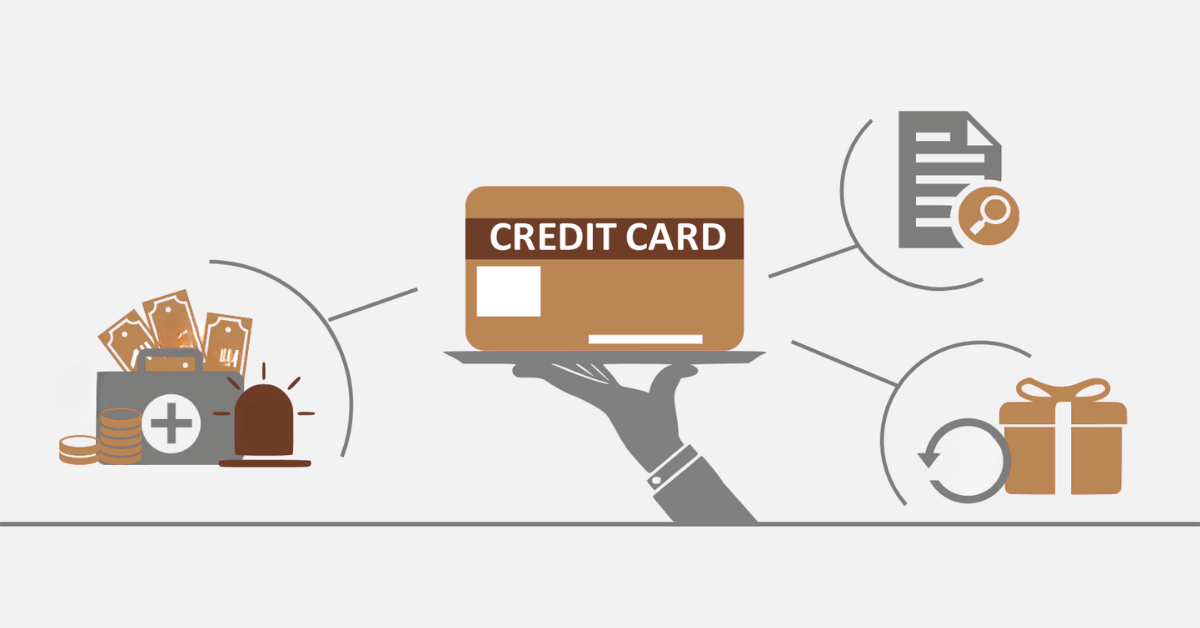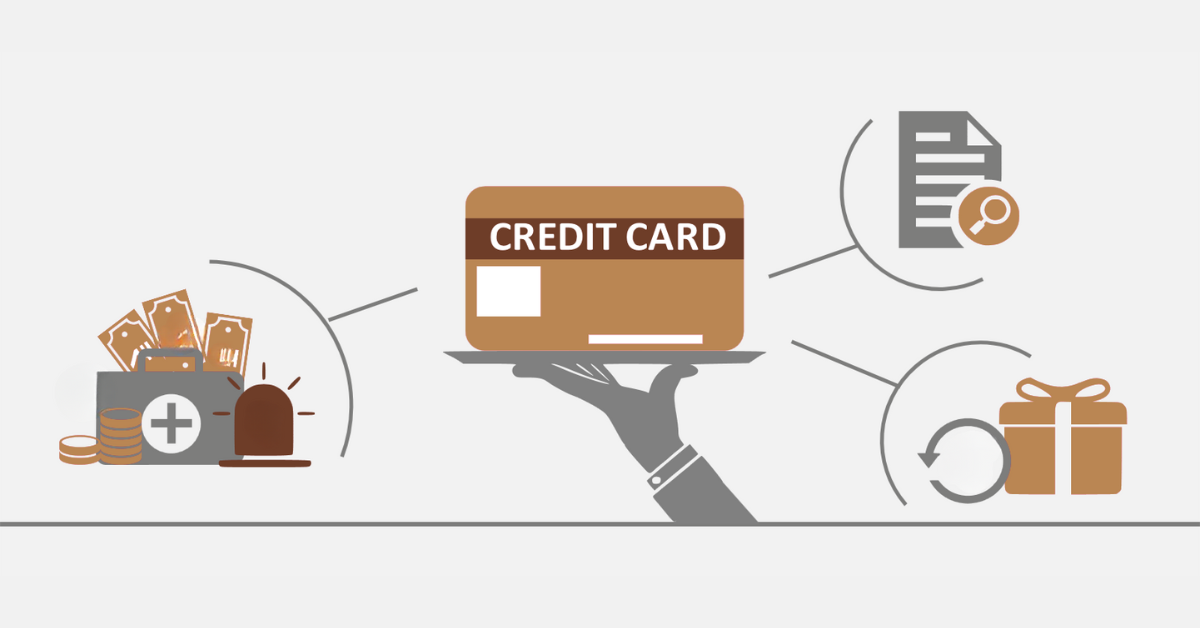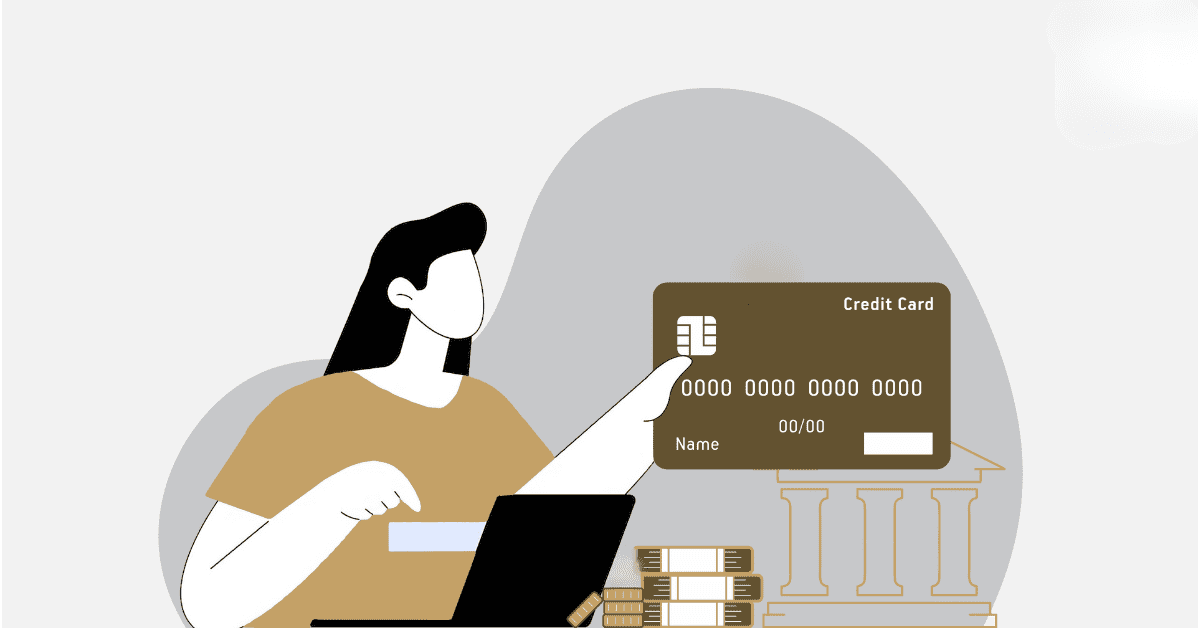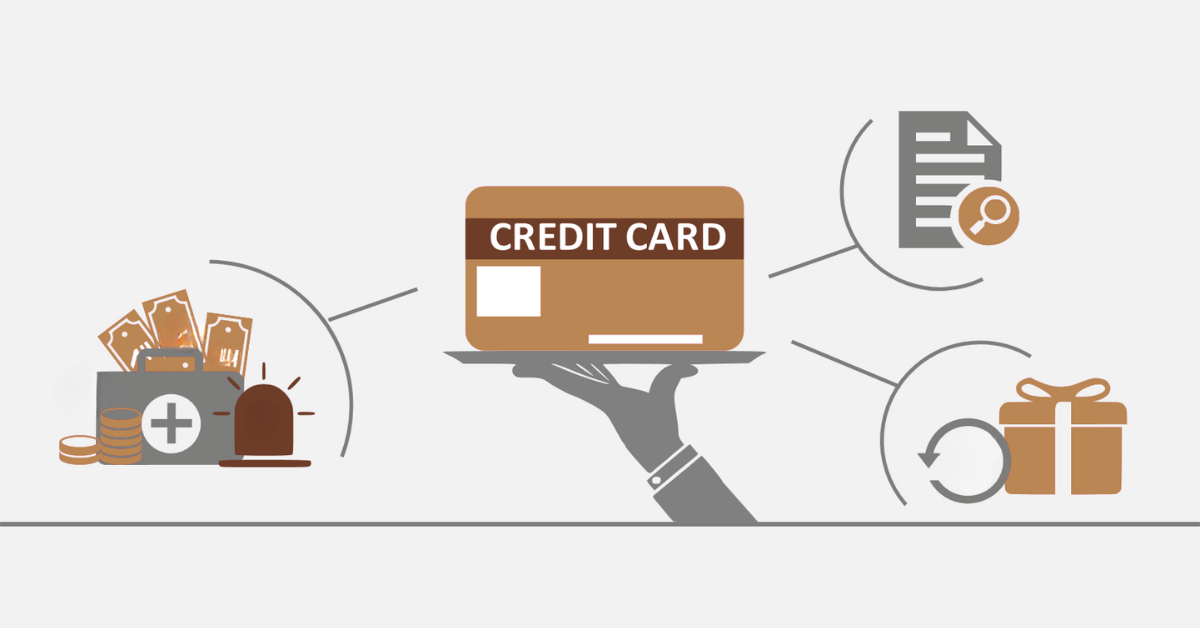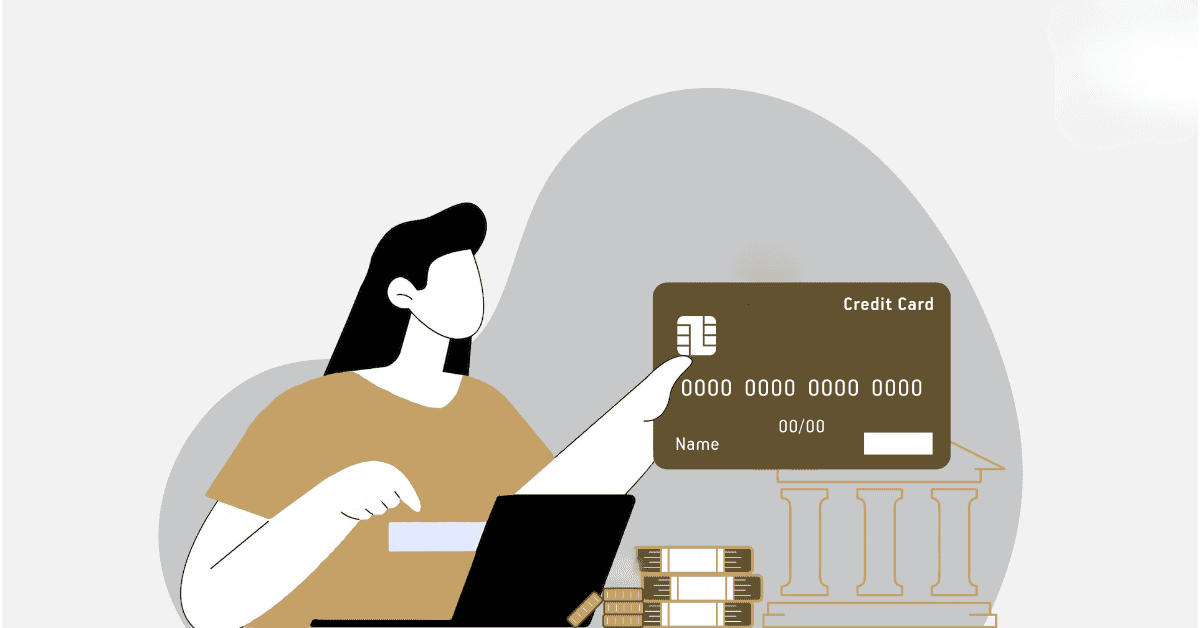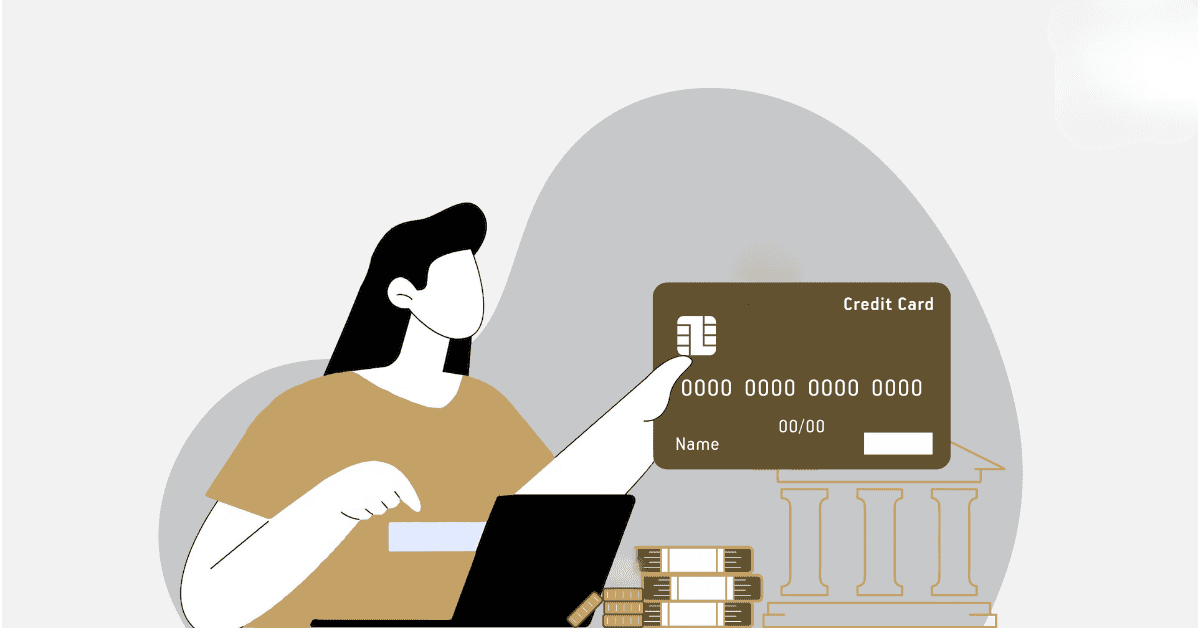Many South Africans are scared of owning and using credit cards because of the potential to get deep into debt incredibly easily. However, this is not a fault in the product itself, but rather a sign of the lack of control and smart financial management many of us suffer from! When used smartly, a credit card can be a very valuable tool, acting as an emergency loan you already own and have approval for, earning you points and rewards to better your life, and helping to build a good credit record. Today we will look in more detail at some strategies you can use to avoid hefty credit card interest rates and use your credit card smartly.
How Can I Avoid Paying Interest On My Credit Card?
The easiest way to avoid paying interest on your credit card is through smart, strategic use. Let’s start by understanding what credit card interest is.
A credit card is an unsecured loan. This means there is no asset behind it, like a car or a vehicle, that can be seized to address your debt if something goes wrong. This makes it one of the riskiest types of loans a bank can give you. To offset this risk, they carry some of the highest interest rates of any credit product, earning the lender a fee for the money you use. Whereas a mortgage will typically have single-digit or low-teen interest rates, a credit card may have 22% per annum or higher.
This means if you use R100 of the balance, and make no further payment for a year, you will have to pay the credit card issuer back that R100 and R22 in interest on top of that. Those charges can add up fast! Now add in penalties, fees, and other charges, and you are losing a lot of money. However, keep reading to learn how to use a credit card the right way.
When Should I Pay My Credit Card To Avoid Interest?
Ideally, you should pay off the entire balance (yes, everything, not the minimum payment) in full before the oldest debt on the account reaches 30 days old. Most credit cards will not charge interest before the 30-day mark is reached. If you do this every time, you effectively have a temporary loan with 0% interest to use as needed. This is how ‘smart’ people use their credit cards. Remember that you will also earn any reward points or other ‘freebies’ for using the card this way, so you may even come out ahead!
If you have a balance older than 30 days, you will inevitably pay interest on that money. If you want to lower your credit card balance and take back control of your financial wellness, you need to pay more than the minimum balance. Minimum balances will keep the lender happy, and avoid negative credit ratings, but that’s the point- the lender is happy because you are earning them sweet, sweet interest every month without making significant inroads into the balance due!
Even something as simple as doubling your minimum payment will ensure some of your monthly payment does more than offset earned interest. It will actually go towards balance reduction, i.e. paying off what you actually spent, and not just the interest it generates.
We won’t go too deeply into the complex math here, but on a R5000 balance credit card, which would typically have a monthly minimum payment in the R180 range, it would take about 5 years to pay off the interest and balance. Double that, to just R360, and you can pay off the card in full within 15 months. That’s 45 months of budget-eating interest you won’t pay!
Does Paying The Statement Balance Avoid Interest?
In general, paying the statement balance every month will avoid interest altogether. Depending on the timing of your transactions vs the statement date, there may be some small discrepancies in the actual balance owed vs the statement balance. However, as statements arrive on a 30-day cycle, and balances under 30 days don’t attract interest, it is one of the simplest ways to keep your credit card spending under control and avoid paying interest on the balance. Your bank won’t be happy, but you will be!
Should I Pay Off My Credit Card In Full Or Leave A Small Balance?
While the 30-day ‘trick’ is one of the most common pieces of advice given to people who want to manage their credit cards responsibly and to their maximum financial benefit, it does have one downside. As a balance that doesn’t attract interest is treated as a ‘cash’ balance, not a true credit balance, it won’t help you build your credit record. This is an important part of having a credit card for most people.
In South Africa, your credit card balance utilization (how much you have spent vs your limit) is a small part of your credit score. While lenders don’t want to see you use over 50% of the available balance, you will see a small reduction if the balance drops below 30%. A bigger part is formed from your monthly payment history-but remember, the transaction has to ‘count’ as credit use, not a type of cash balance! If building your credit history, or improving your credit score, is important to you, you might want to try using a 60-day balance-in-full system and maintaining a small balance on the card, to build your profile. You will pay a little interest, but it won’t be that much. If credit history isn’t a concern for you, you will save the most money by paying the balance off in full in under 30 days, however.
With these tips in mind, responsible credit card usage will be simple, and you can avoid falling into the ‘credit card trap’ that catches many fellow South Africans.
